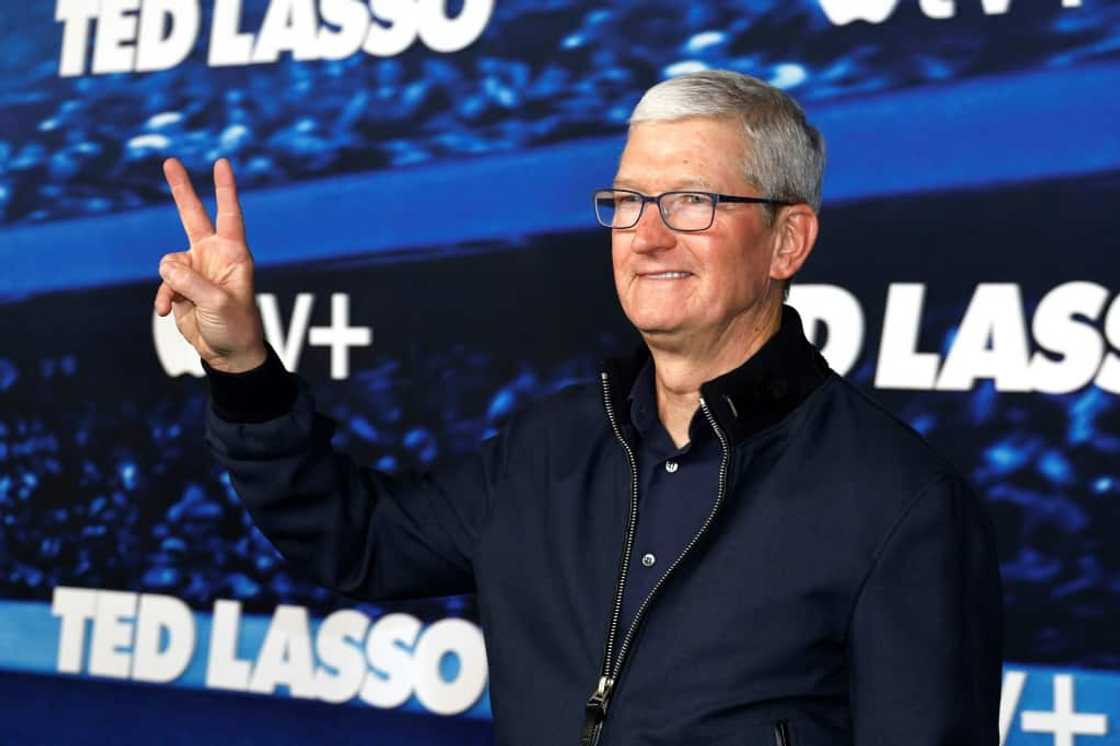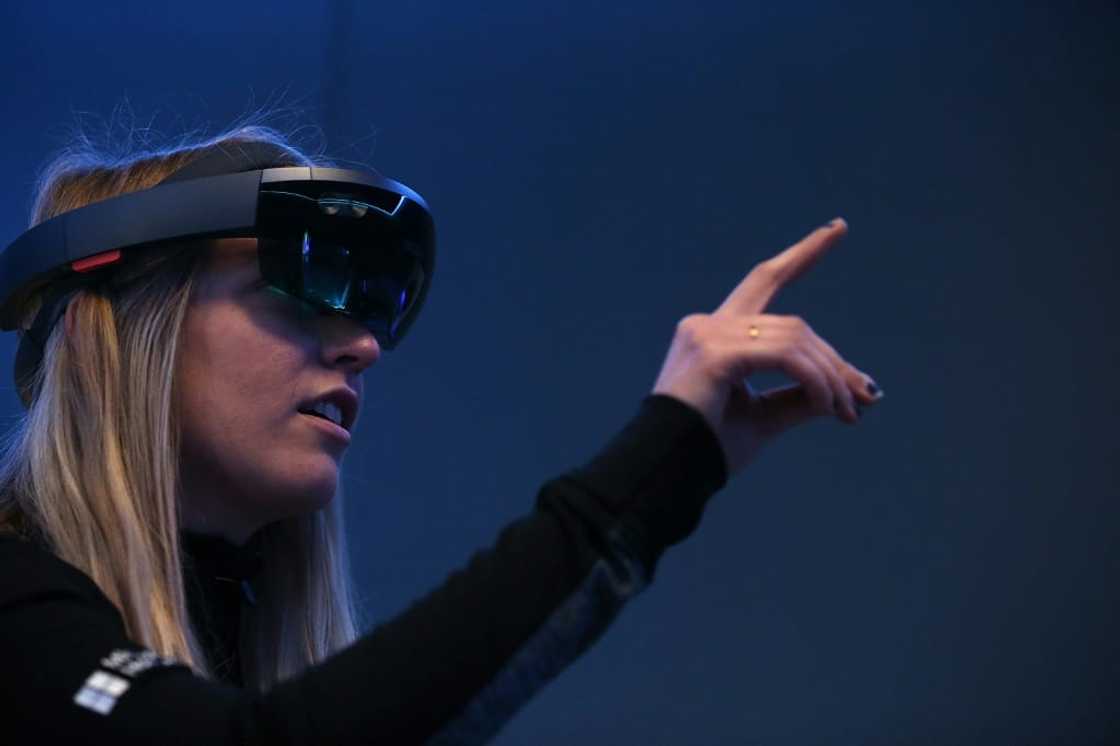Eyes on Apple to join quest for the metaverse

Source: AFP
PAY ATTENTION: Never miss breaking news – join Briefly News' Telegram channel!
Apple fans are watching to see whether the iPhone-maker puts a culture-changing spin on virtual reality, even as rivals slow their march toward the metaverse.
All eyes are on whether Apple will commit to releasing long-rumored VR or augmented reality (AR) "goggles" at its annual Worldwide Developers Conference in June, with programmers and software companies eager to get a jump start on providing content.
Apple chief Tim Cook fueled the speculation this week in a GQ interview, saying AR is "exciting" and that the company has a history of going its own way with innovations, even amid doubts and criticism.
"I'm not interested in putting together pieces of somebody else's stuff," he told GQ, saying that the release of the iPhone and Apple Watch both had their serious detractors.
Cook did not confirm plans for Apple eyewear, instead focusing more broadly on the promise of VR or augmented reality and defending the time it would take to release a product to market.
"Apple is going to try to put its spin on it, and then lead others to water," Creative Strategies analyst Carolina Milanesi said of products for augmented or virtual reality (AR/VR).
PAY ATTENTION: Follow Briefly News on Twitter and never miss the hottest topics! Find us at @brieflyza!
"We all know that once Apple gets into something, others follow."
Apple Music concerts?
Apple's approach to the metaverse would likely be different from that of Meta, which has proclaimed it the future of the internet but slowed its substantial investments as part of overall belt tightening.
Cook's version of AR emphasizes a world in which an Apple product could "overlay" the real one with virtual imagery to create something better.
Meta's experience with the metaverse has been humbling despite it being a leader in the emergent sector.
Gear from its Quest unit accounted for more than 80 percent of the "mixed reality" headset shipments at the end of last year, according to market-tracker Counterpoint.
But less than 18 months after changing its name to Meta to reflect a metaverse priority, the Facebook giant has fired tens of thousands of staff and promised to get back to basics.
Meta's false start follows the failure of Google Glass, the decade long effort by the search engine giant that was mothballed for good last month.
"What Meta wants to do and what Apple wants to do are two different things," Milanesi said.
Meta is out to create an immersive, digital form of Facebook which relies on advertising to make money, she noted.
Apple's business model is geared to selling people premium devices and then hawk games, apps, films and more to be consumed using the hardware, the analyst said.
For example, Apple could craft virtual or augmented reality versions of its streaming television or music services that give viewers prime virtual seats to films or concerts.
Highly anticipated glasses or goggles would play to its strength while expanding its ecosystem, according to Wedbush analyst Daniel Ives.
"Apple has a golden installed 2 billion (device) users while Microsoft and Meta are swimming in enemy waters looking to go after this market opportunity," Ives said of the metaverse ambitions.
"It's a hardware play which goes into Apple's sweet spot as further penetrating its customer base."
Beware rumors
Wedbush believes Apple will unveil "Glasses" AR/VR headsets at the developers conference in June, at a price in the vicinity of $2,500, though others say $3,000.

Source: AFP
"This comes with critics but we believe it's the right strategic move for Apple." Ives told AFP.
Analysts Avi Greengart of Techsponential and Rob Enderle of Enderle Group advised caution chasing Apple rumors.
"After Facebook lost a large amount of money doing it, it seems an odd time to launch a consumer headset," Enderle said.
"I hope Apple sees the writing on the wall; but maybe they have a train on the tracks and it is hard to stop it."
If Apple does unveil some kind of glasses or goggles, their fate may rest on what problem they solve for consumers, Greengart reasoned.
"The Metas, Googles, and Microsofts all seem to be pulling back or retrenching," Greengart told AFP.
"It remains an open question of what the future of augmented and virtual reality will be."
PAY ATTENTION: Сheck out news that is picked exactly for YOU ➡️ click on “Recommended for you” and enjoy!
Source: AFP




